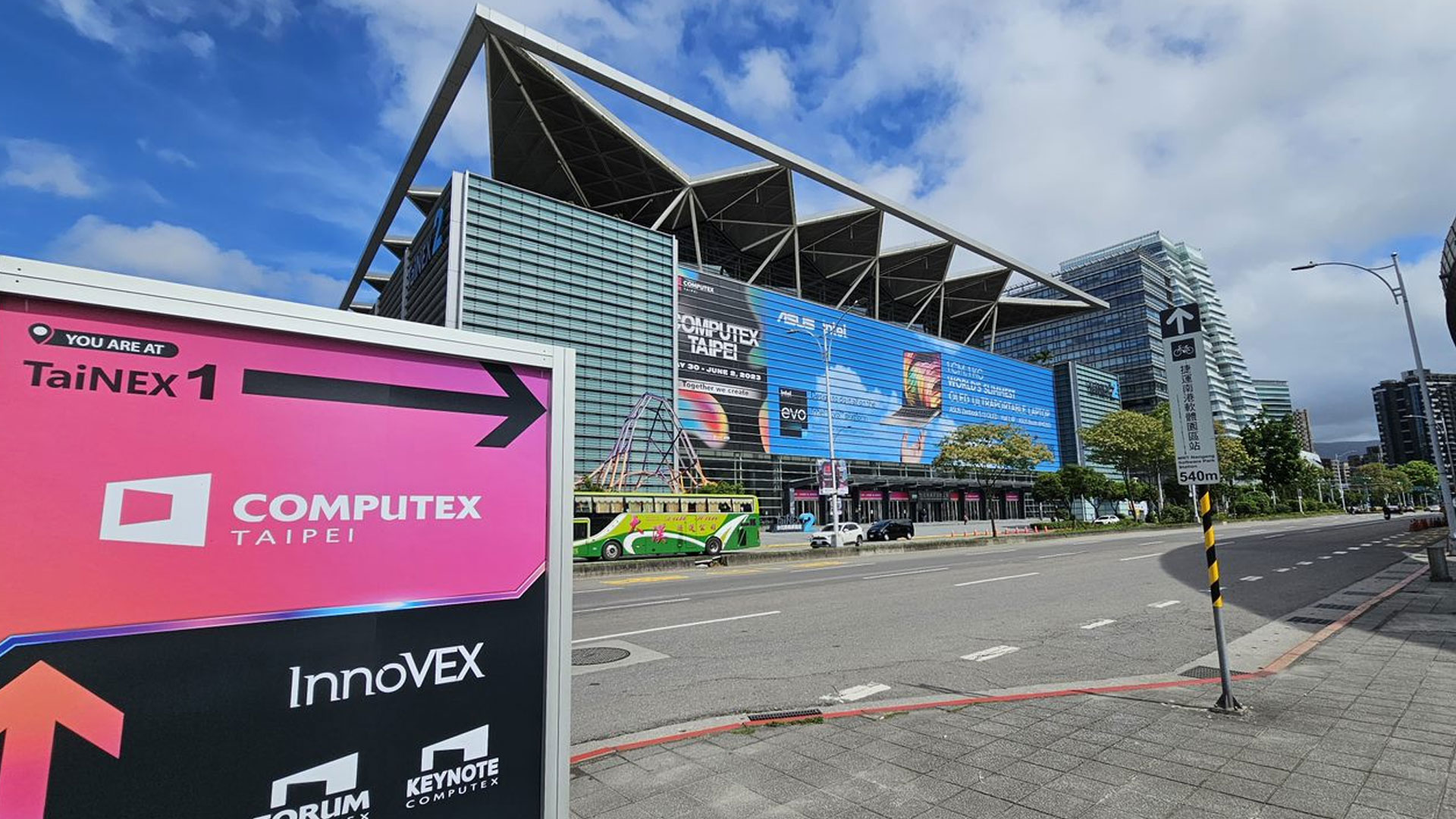 POSTED ON June 23, 2024 by Arup Ratan Paul
POSTED ON June 23, 2024 by Arup Ratan Paul The Best of Computex 2024: Cutting-Edge Computing Tech Highlights
Computex 2024, one of the premier tech events, has concluded with a plethora of innovative products and advancements in the computing industry. This year's event saw a significant focus on artificial intelligence (AI), with numerous companies showcasing their latest AI-centric chipsets, processors, and other cutting-edge technologies.
Key Highlights
AMD
AMD CEO Lisa Su headlined the keynote at Computex 2024, introducing the Ryzen 9000 series for desktops. These new chips feature six to sixteen cores, built on the TSMC 4nm node, with a 40% lower thermal design power (TDP) and 16% higher instructions per cycle (IPC) throughput. The company announced four 9000 series chips for the Ryzen 9, 7, and 5 family of chips. AMD also unveiled the Zen 5 microarchitecture, which forms the basis of 9000 series chips.

Intel
Intel unveiled its upcoming Lunar Lake processors, marking a shift in the company’s chip design strategy. These processors come with 16/32 GB LPDDR5X system memory (RAM), allowing for efficiency gains and reduced power consumption by 40%. They also use efficiency cores (Skymount) in a separate “low-power island” instead of fully integrating them with the chip. Lunar Lake chips are designed to deliver 14% more performance than Meteor Lake chips at similar clock speeds and a 50% higher graphics performance.

Qualcomm
Qualcomm focused on its partnership with seven OEMs, which will power respective AI PCs with Qualcomm’s Snapdragon X Elite chips. Microsoft announced the first of these AI PCs last month, and others are rapidly working on theirs. Qualcomm’s venture has already forced Intel to discuss x86 efficiency and take measures to make Lunar Lake more efficient than its previous generation chips.

NVIDIA
NVIDIA teased RTX AI PCs at Computex 2024, possibly hinting at Copilot+ computers from Asus and MSI, powered by its graphics cards and AMD’s latest Strix CPUs. The company is capitalizing on the AI wave with its high-in-demand GPUs that sell faster than they can be produced. NVIDIA also released guidelines for small form factor (SFF) GeForce graphics cards to enable building smaller gaming PCs.

ASUS/ZOTAC/MSI
The three companies introduced their second-generation handheld consoles to compete with Valve’s Steam Deck. These handhelds feature advanced specifications such as high-performance CPUs, dedicated GPUs, and high-capacity storage.
Honourable Mentions
*ASUS ROG Mjolnir Portable UPS: A portable UPS with a 700W punch, delivering for around 60 minutes through a 768Wh battery size. It comes with quality-of-life upgrades such as an LCD screen displaying battery life and operation time, a detachable flashlight, four AC outputs, and a USB-C output.
*Lexar Professional NM1090 M.2 Gen 5.0 NVMe: An internal storage device capable of a read rate of 12,000 MB/s and a write rate of 11,000 MB/s. It also features a low-power mode for reduced heat dissipation and power consumption.
*Acer’s 3D Camera Device: The SpatialLabs Eyes Stereo Camera has two 8-megapixel cameras designed to film 3D content. It comes with the SpatialLabs Player 3.0 to livestream 3D content to YouTube, Microsoft Teams, Zoom, and Google Meet.
Computex 2024 has set the stage for significant advancements in the computing industry, particularly in the areas of AI, PC hardware, and gaming handhelds. The event showcased innovative products and technologies that are poised to shape the future of computing and gaming.
No Comments
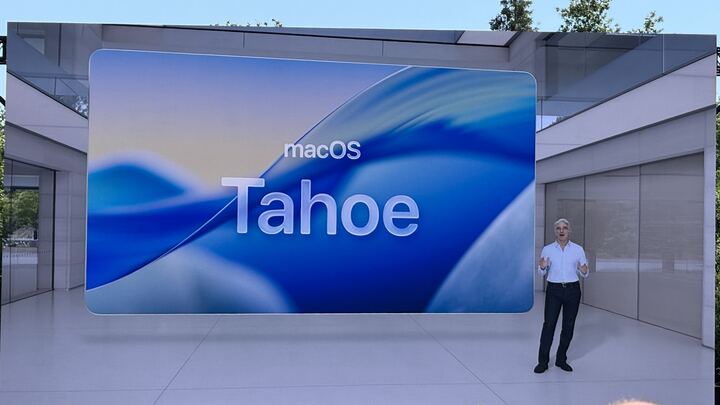
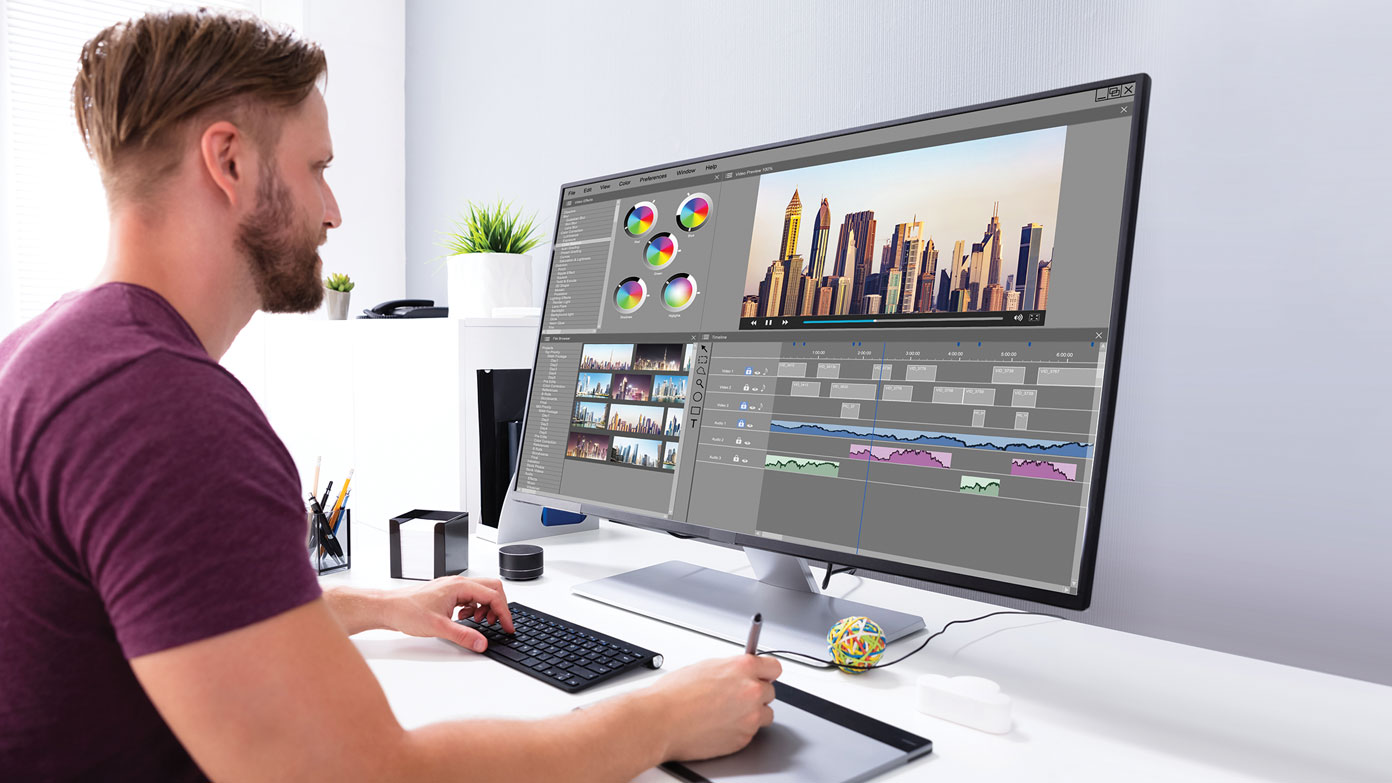
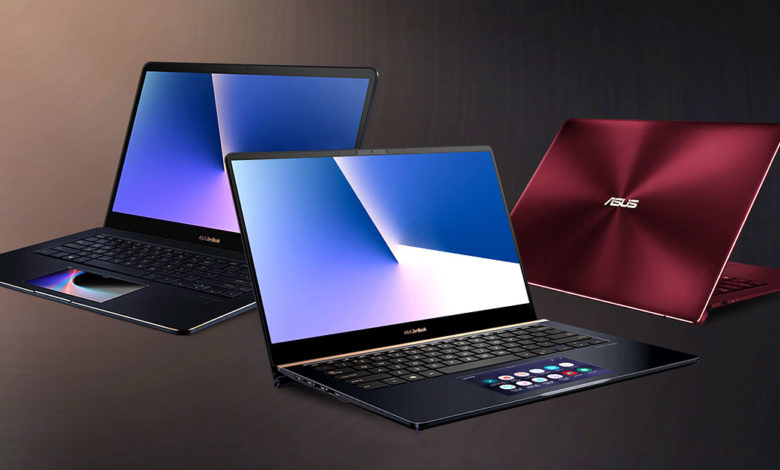

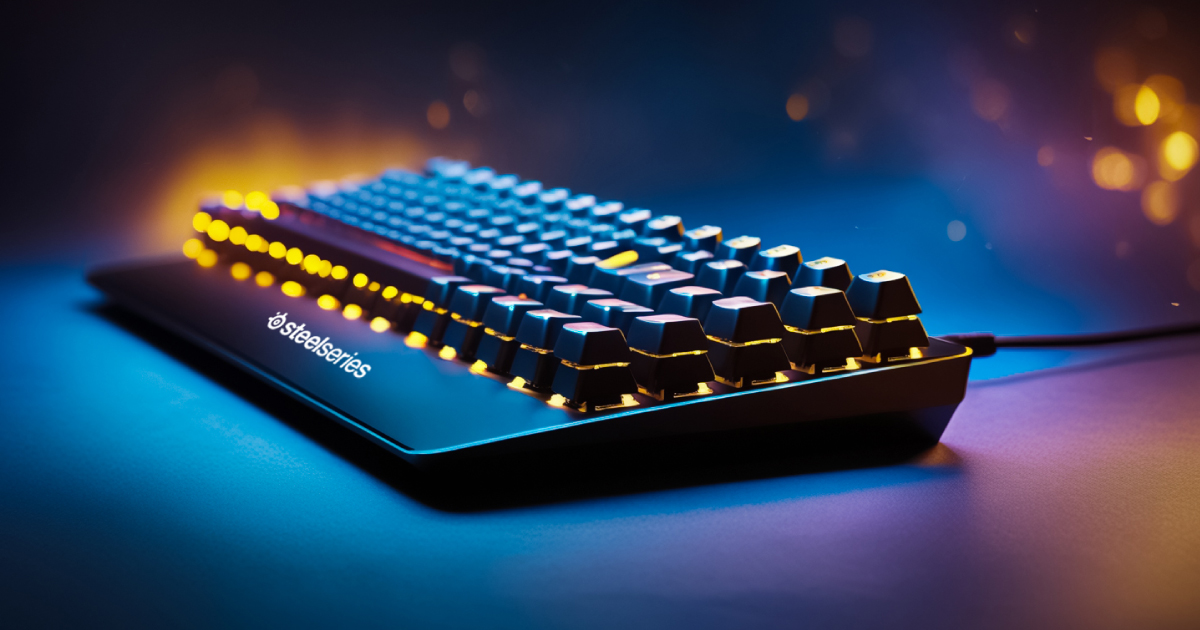
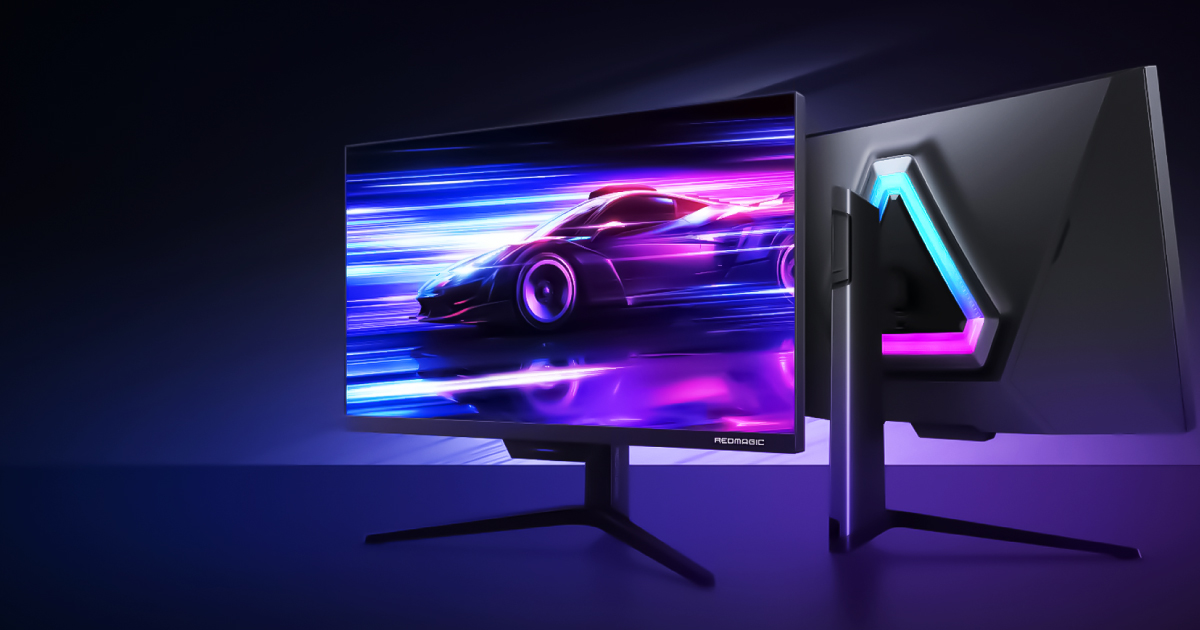


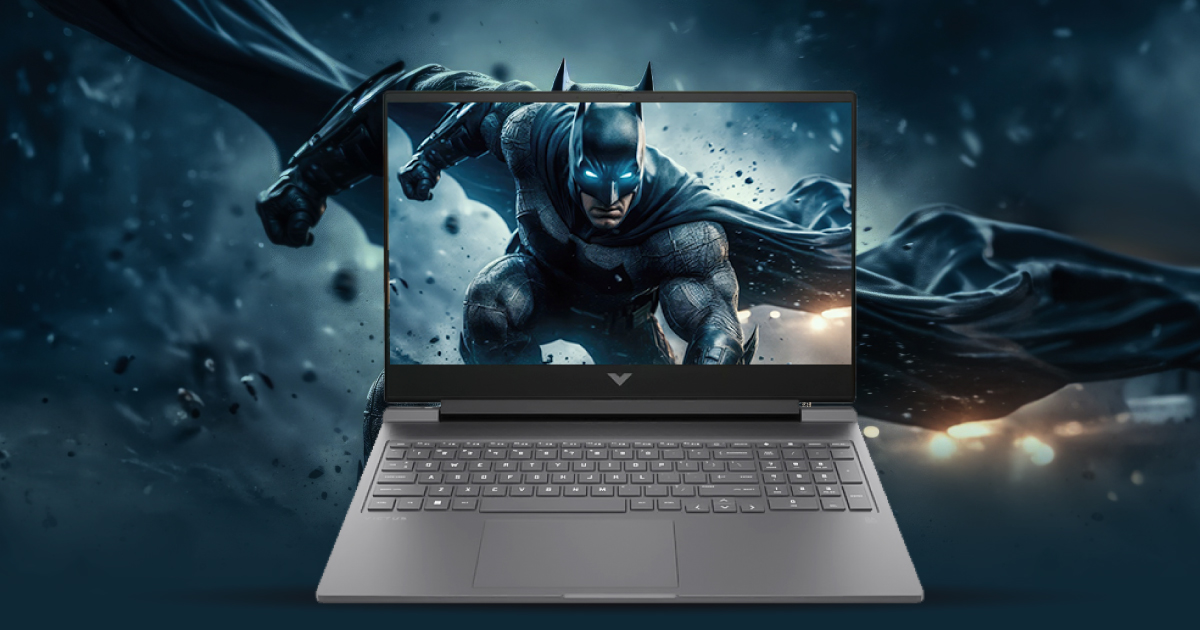

Leave a comment